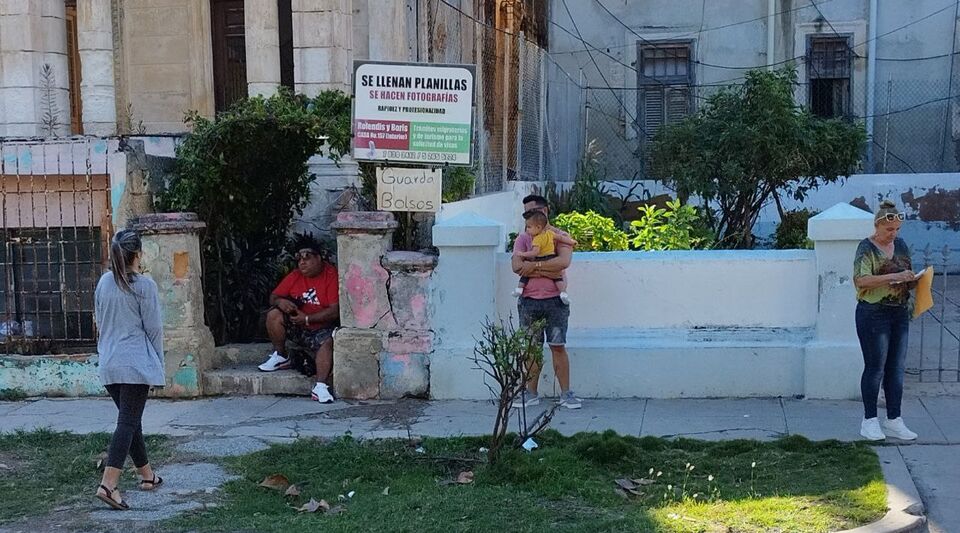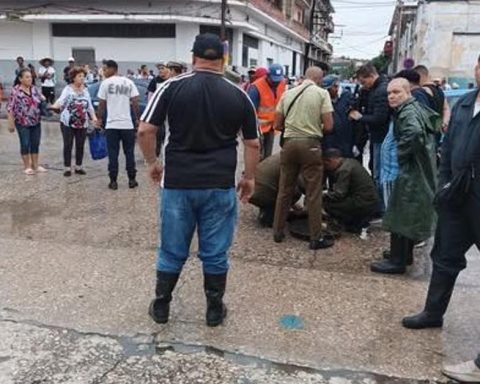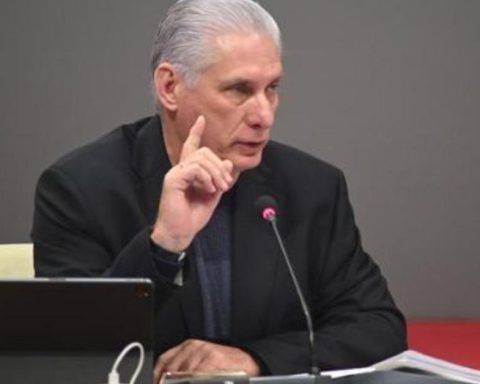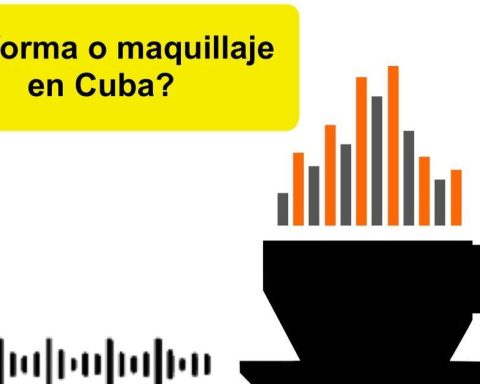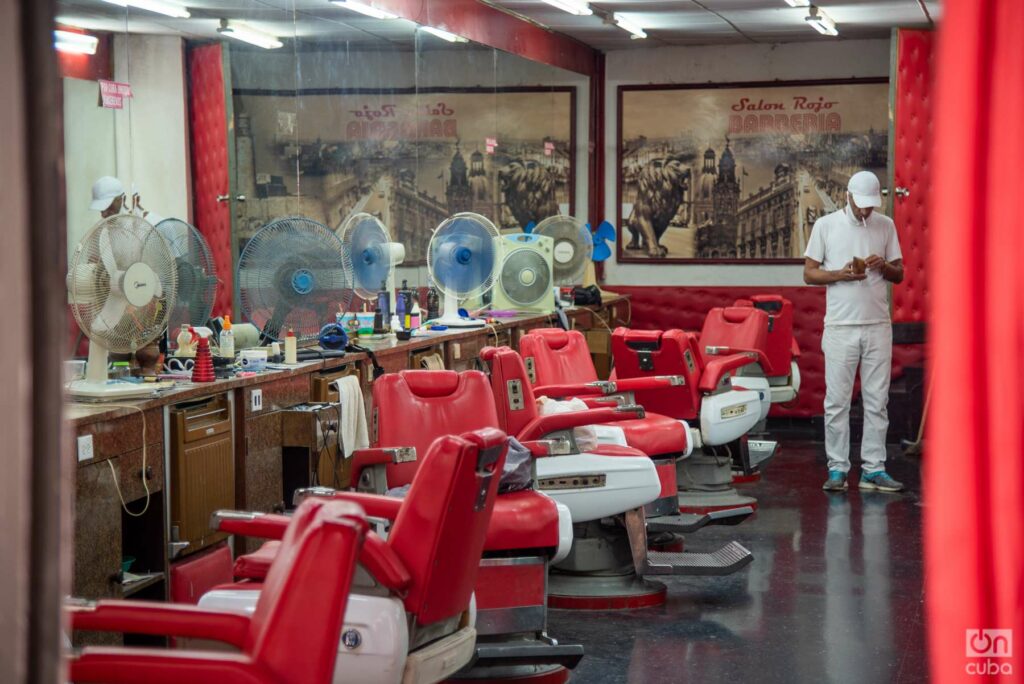There were 20 minutes to go before 9 in the morning, the time the US Embassy in Havana opens, and there were already some 200 people queuing up this Thursday, a day after of the resumption of the issuance of immigrant visas. That, without counting those already inside and the two long lines of cars that stretched down K Street.
In the area, businesses that have been languishing for years due to the lack of activity at the diplomatic headquarters are rubbing their hands. “It’s been a very hard five years,” acknowledges Mileydis, who together with her mother runs a small bag storage business near the embassy. “Just when the consular procedures closed, we had embarked a few months before on some repairs to improve the premises and all the expense was for fun because everything came to a standstill.”
After that time, “many cafeterias in this area, which live off the customers who come for their visa appointment, were closed and in many cases the owners have ended up leaving the country,” laments the 41-year-old woman, who saw languish in his neighborhood, close to the Havana coast. “Only people who are there for the interview or go to the funeral home come to this part of El Vedado [de Calzada y K] but without that there is not much influx of customers”.
The crowd, in effect, is foreign to the place. Most have even come to Havana expressly to carry out the procedures. “We are not from here”, they reply when asked for a place to find a coffee.
Street vendors proliferate in the area, although it still lacks the life of yesteryear. A woman, in front of the park, sells snacks. Another man who shouts peanuts loudly is called from the cars to get some food.
Two policemen escort a woman who comes out every once in a while with a list in her hand and calls the applicants by their first and last names until they form a group of between 30 or 40 people. When they are all there, she leads them inside. Many only wait to collect their visa in the afternoon, while others go to do their interviews, appointments that began on December 29.
The faces are younger than usual. The restart of the family reunification program in May of last year has rejuvenated those now waiting. Many retirees who took advantage of this modality to reunite with their children already established in the US have already passed their procedures and now the majority public is different. Among the lucky ones of the day, a family with a child left the building smiling, papers in hand, and hugged those who were waiting for them to congratulate them around the headquarters.
Although inside the embassy there is now a baggage for certain belongings, Mileydis is not erased from the joy of being able to resume her task. “It still seems like a dream to me that we have been able to reopen the business and also that some places that offer coffee, breakfast and snacks are reopening,” she says. “This was a desert, until the palate on the corner has had a very bad time and it has a tremendous view from the terrace and has appeared in a lot of magazines”.
Mileydis has taken over from her mother, who is already too old “to stand collecting the wallets of the people who come to the embassy”, giving them the number to later identify their belongings and placing them on a large shelf throughout the room. of the house located on the ground floor. “Now I am in charge of the business and I hope that in the coming months we will get out of the hole we are still in now.”
The place is just one more in the fragile network where there are also private accommodations for Cubans who travel from the province to obtain their consular appointment, self-employed workers who fill out the obligatory digital forms for consular procedures and even parkers who take care of motorcycles and vehicles.
“The things that one misses are rare, I was nostalgic even for that crowd of people. Luckily it is back again,” Mileydis says with relief.
Many of those who have come to the outskirts of the consulate are also members of various Facebook groups in which Internet users exchange suggestions and recommendations for the consular interview. From how to dress, what are the best places to rent a room for those who come from another province, to tips on how to behave in front of the immigration officer.
These groups have experienced a boil in recent months and the spirit that runs through many of its members is hope. “Now they are going to put their foot on the accelerator and process all the pending cases,” warn some optimists, while others calculate when their interview will be based on the time elapsed since another, who already has a consular appointment scheduled, presented by first time immigrant visa documents.
“No low-cut clothing, no flashy earrings,” advises one of the moderators of a group of parents applying for a family reunification visa. “Calm down in the queue, everything is well organized there, it’s not like the chicken’s tail,” prays the woman who also recommends “speaking clearly and loudly” through the loudspeaker inserted in the thick glass that separates the applicant from the security officer. migration. And above all, “you have to show yourself as someone very enthusiastic.”
________________________
Collaborate with our work:
The team of 14ymedio He is committed to doing serious journalism that reflects the reality of deep Cuba. Thank you for accompanying us on this long road. We invite you to continue supporting us, but this time becoming a member of our newspaper. Together we can continue transforming journalism in Cuba.
